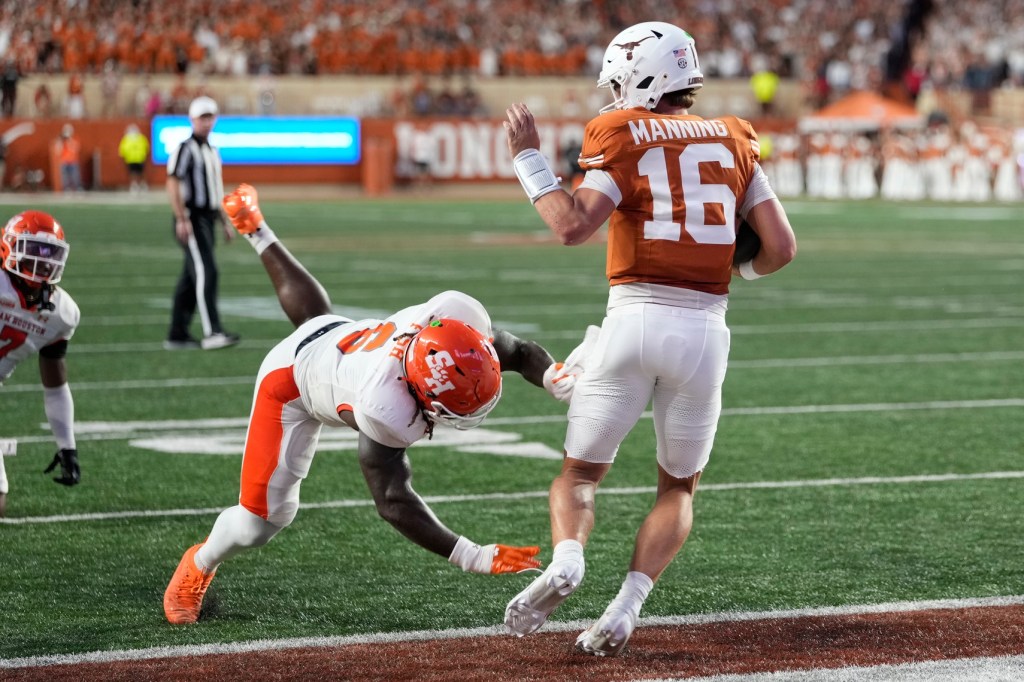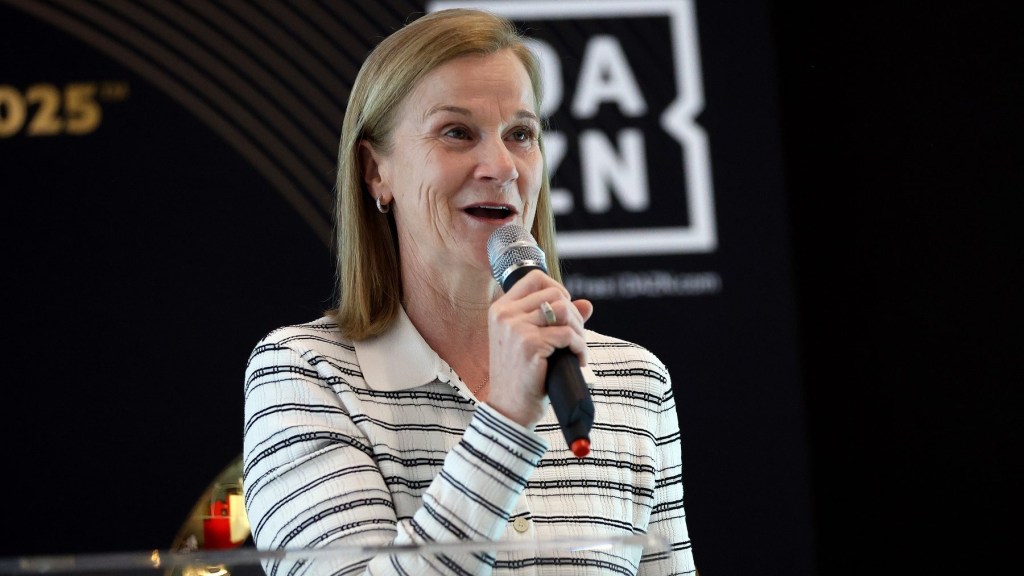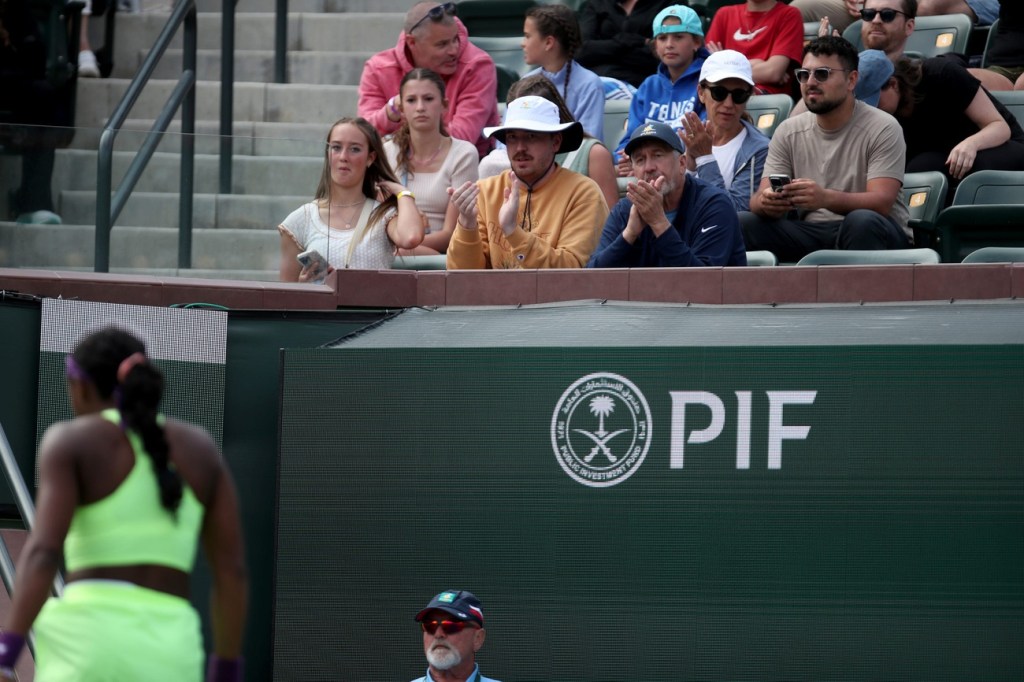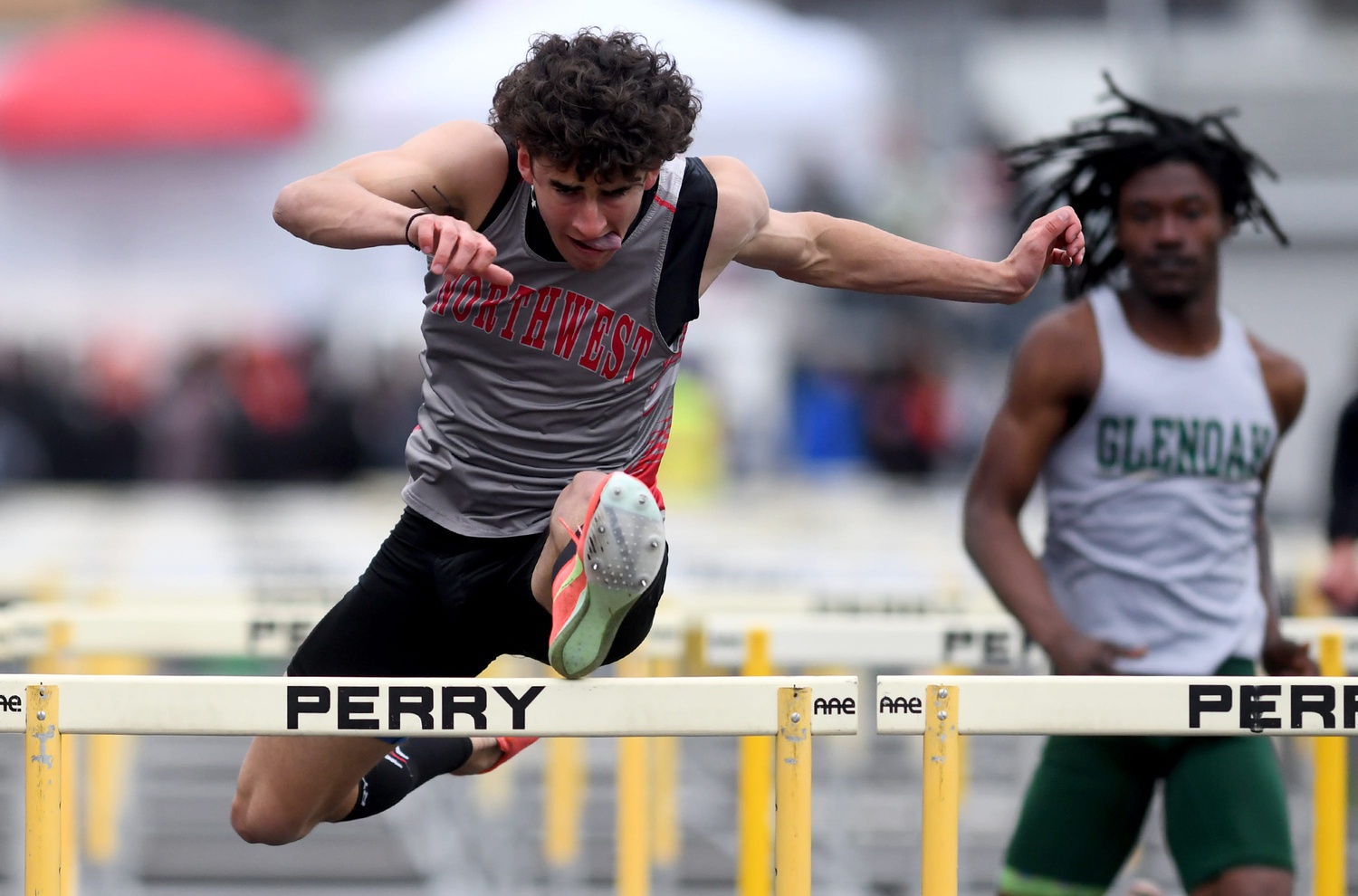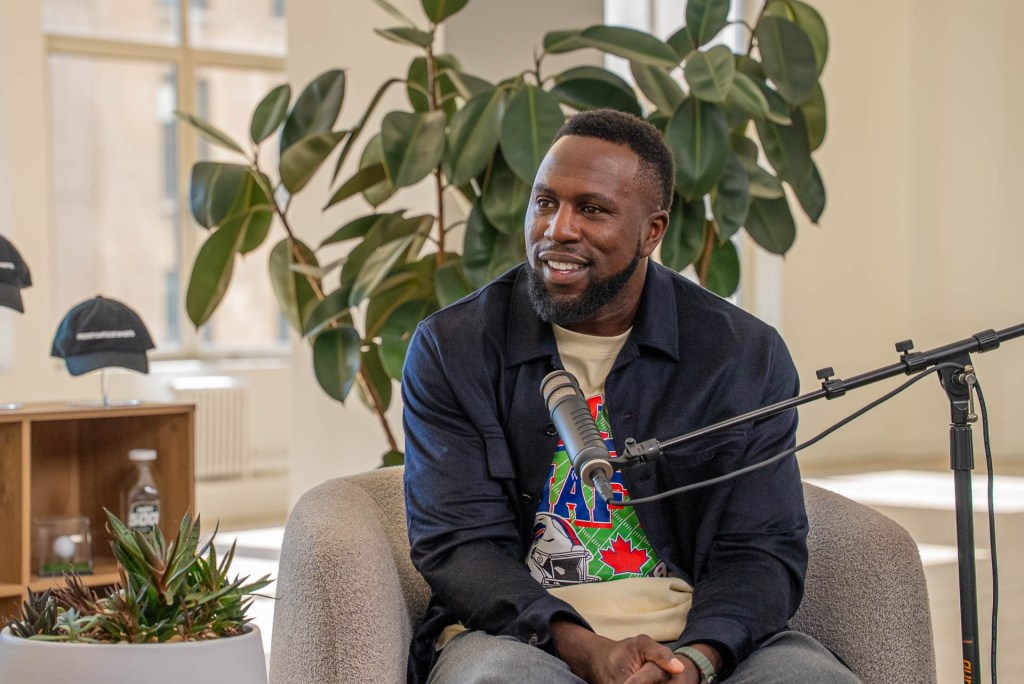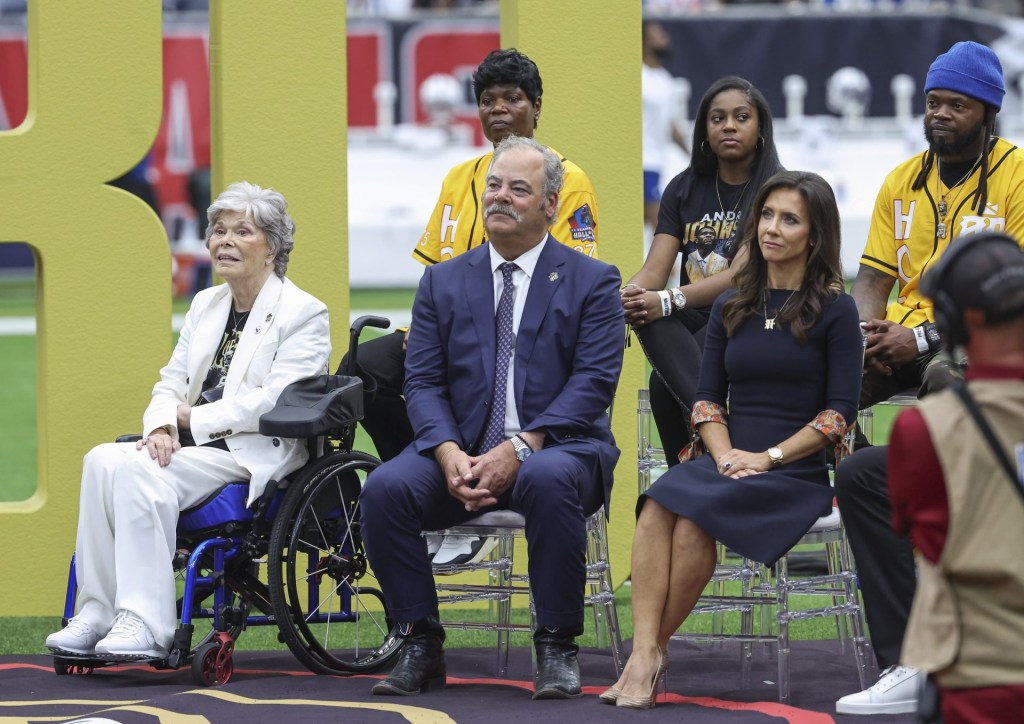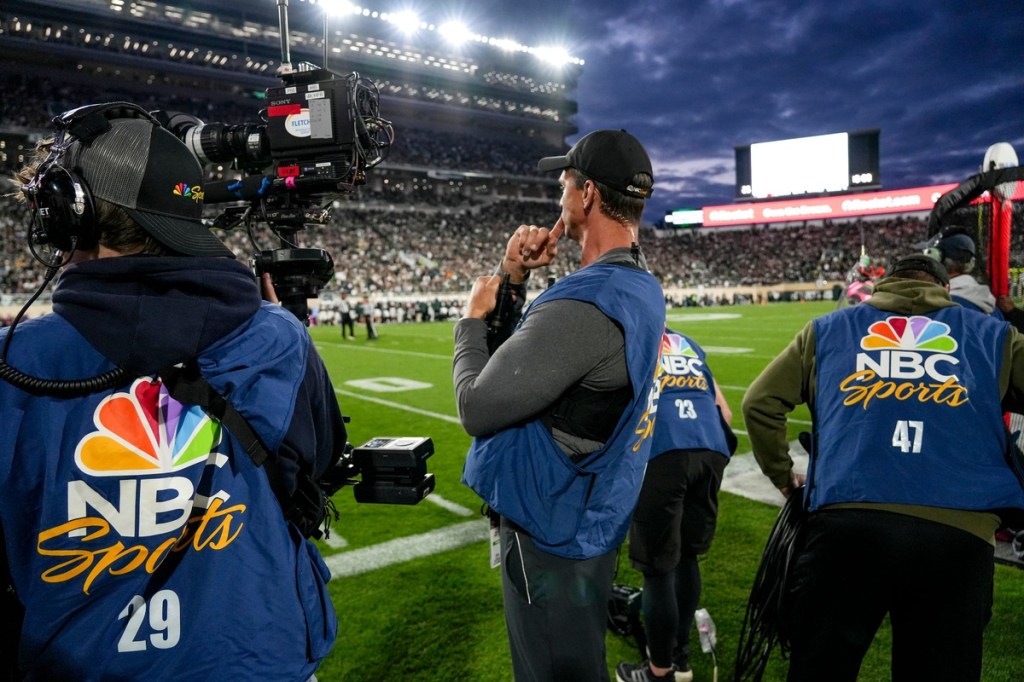When one NIL door closes, another one opens.
In the rapidly shifting world of college athlete pay, one NIL (name, image, and likeness) business is shutting down, and another NIL business is already stepping in.
Opendorse is rapidly grabbing some of the NIL collectives that were using Student Athlete NIL (SANIL), a third-party operator that abruptly shut down this week.
“We’re proactively picking up the pieces, if you will, to make sure that athletes get paid and schools maintain a positive relationship,” Opendorse cofounder Blake Lawrence tells Front Office Sports.
SANIL at one point worked with more than 40 schools, according to Sports Business Journal, which first reported the news of SANIL shutting down. In February, NIL agency Blueprint Sports announced it was acquiring SANIL in a deal aimed at “establishing a $100M+ NIL powerhouse agency,” according to a press release at the time. That deal was never finalized.
Nearly 100 Division I athletic departments or NIL collectives use Opendorse to process payments. So far “a handful” of school collectives have transitioned to Opendorse, according to Lawerence. As of Thursday afternoon the number was nearly 10.
“In markets now where SANIL was active and the school was a partner of ours, we are proactively taking on the agreements and payment processing, just ensuring that athletes continue to get paid as planned,” Lawrence says. “It’s been a busy morning of fielding in-bound calls from our partners, and getting them set up for a transition.”
The downfall of SANIL is another inflection point in the wild world of college sports, as athletic departments are now allowed to share up to $20.5 million of revenue with athletes this year, and third-party NIL deals are coming under tighter scrutiny.
On June 30, the day before the revenue-sharing era officially began, collectives funneled close to $20 million to college athletes through Opendorse, the largest day in the company’s history, in an effort to front-load payments to athletes.
Now multiple major power conference collectives are already giving up on trying to work through the newly created NIL Go clearinghouse and within the bounds of the new rules set up by the House v. NCAA settlement, FOS reported earlier this week. At least two collectives have gone ahead and paid players before the submitted deals have been approved.
Meanwhile, the College Sports Commission, which runs NIL Go, is creating an “anonymous reporting tip line” to share information about NIL rules violations across Division I college sports—with some in the industry calling it a “snitch line.”
“More and more, there is indifference to the NIL Go process, simply because the process is either slow, confusing, or deals are stuck in purgatory,” Lawrence says. “The process of disclosing an NIL Go is tedious, it adds weight and stress to an athlete relationship, and therefore, until it is a definitive requirement, and an athlete loses eligibility due to their lack of disclosure, I just see more and more collectives not disclosing at all.”


